
We named this a conscientization freestyle, not because we produced this (it’s Akala’s freestyle), but because when you hear this, you’ll say “Man, that is so true” at least 10 times! Read more »
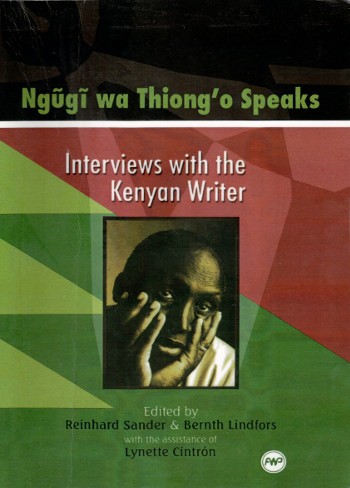
Cumulatively the interviews reproduced here trace the trajectory of the author’s intellectual engagement with his times. This is a reader where Ngũgĩ reveals his thoughts and analysis of various African freedom movements,... Read more »
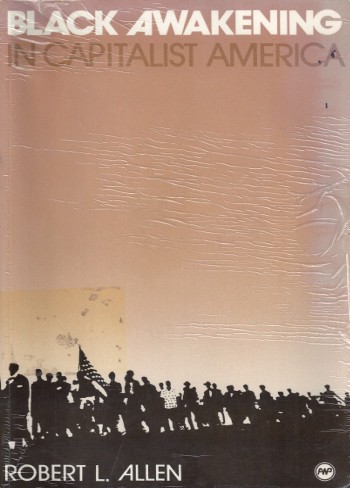
Black Awakening in Capitalist America: An Analytic History, is a classic study of the Black liberation movement of the 1960s. Examining Black Power and black capitalism, the student and radical movements, nationalist... Read more »
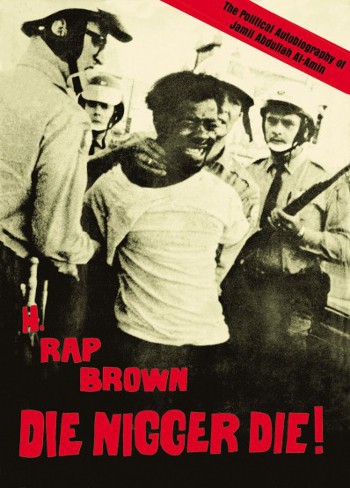
Imam Jamil Abdullah Al-Amin (formerly known as H. Rap Brown) is currently a political prisoner and was the chairman of the radical Black Power organization Student Nonviolent Coordinating Committee (SNCC). This autobiography... Read more »
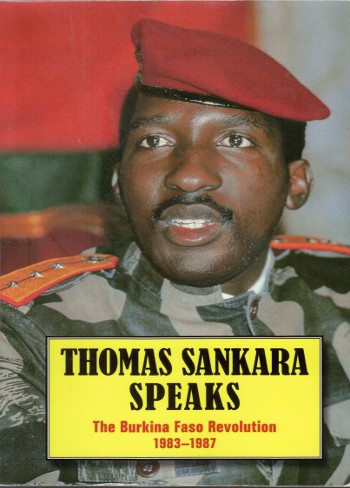
Under Thomas Sankara’s leadership, the revolutionary government of Burkina Faso in West Africa set an electrifying example. Peasants, workers, women, and youth mobilized to carry out literacy and immunization drives; to sink... Read more »
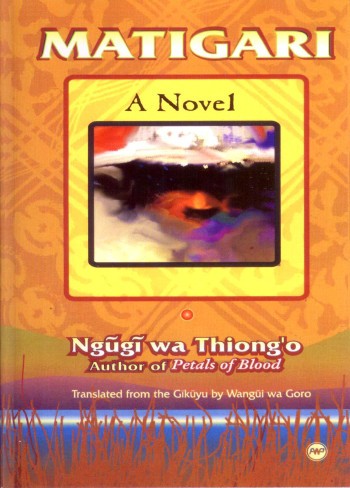
Matigari ma Njirũũngi (which means in Gĩkũyũ “the patriots who survived the bullets”—the patriot who survived the liberation war, and their political offspring), descends the mountains victorious after fighting in the long independence... Read more »
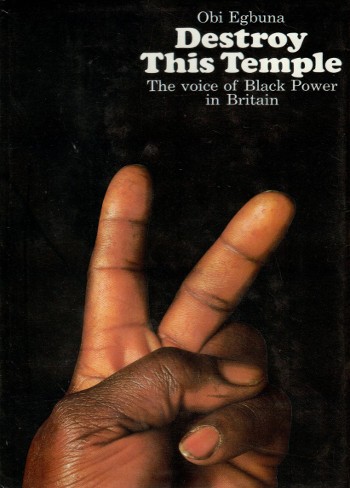
Most of this book was written in Brixton Prison, where the author was held in custody for six months pending trial at the Old Bailey on the charge of masterminding a plot... Read more »
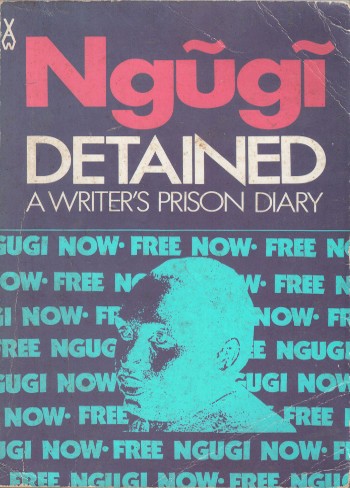
The international outcry over Ngũgĩ’s detention without trial by the Kenyan authorities reached him even in Kamĩtĩ Maximum Security Prison. With great accomplishment, he describes the purposeful degradation and humiliation of the... Read more »
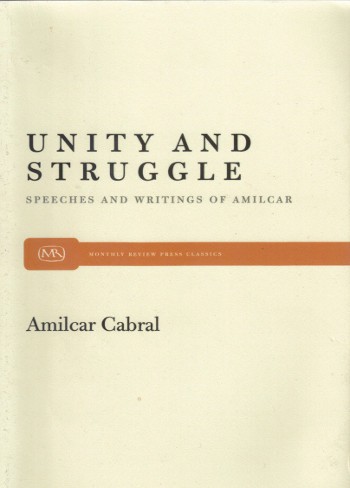
Through an examination of political economy, culture, and colonial society, Cabral sets forth a blue print on how the colonized masses can start the process of decolonization and creating an entirely new... Read more »
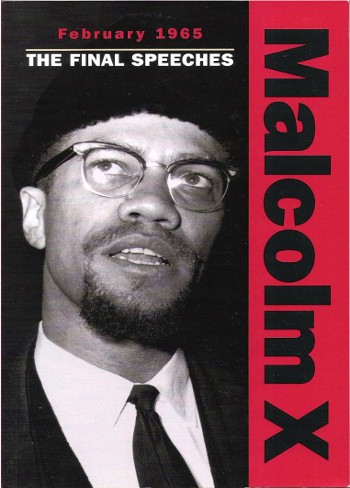
This book is a must to understand Malcolm X and his political objectives. In Malcolm X’s own words, the last two weeks of his life, this book proves to be insightful, most... Read more »
